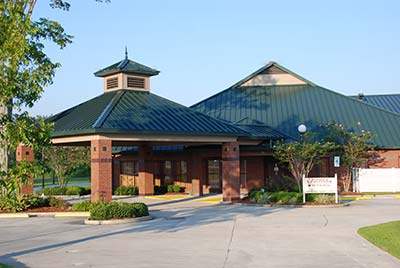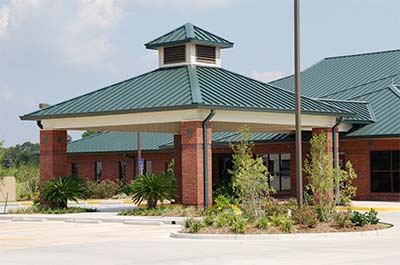Post Surgical Pain Q & A's
When should I see a doctor about post-surgical pain?
Following a surgical procedure, it’s normal to experience some pain and discomfort as you recover. In most cases, your doctor prescribes pain medication to help you stay comfortable during the recovery period.
In some cases, having a surgical procedure can lead to the development of chronic pain. Some people have problems with back pain after undergoing back or neck surgery. If you experience pain that seems abnormal or doesn’t go away on its own, book an appointment with the interventional pain management specialists at Headache & Pain Center,amc.
Post-surgical pain is defined as chronic pain that lasts longer than the normal period of healing (typically 3-6 months). Procedures aimed at eliminating back or neck pain can sometimes cause pain to develop in other areas.
What causes post-surgical pain?
Acute post-surgical pain is a normal and predictable response to tissue damage. While most patients experience some degree of pain during their recovery period, up to 30% of patients report issues with persistent pain a year after their procedure. The back is a common source of chronic post-surgical pain.
In many cases, chronic post-surgical pain occurs as a result of nerve damage sustained during your procedure. Intraoperative nerve injuries can trigger changes that cause painful symptoms to persist even after you’ve healed from your surgery.
What treatments are available for post-surgical pain?
Chronic post-surgical pain is complex, so there is no one-size-fits-all solution. During your appointment, you and your pain management specialist discuss your symptoms, medical history, and details of your surgery. Your doctor also performs a thorough evaluation including a physical exam and imaging tests.
Your doctor uses your examination to exclude other possible causes of your pain and determine the most effective treatment. After your examination, your doctor works with you to develop your customized treatment plan. Depending on your condition, treatment may include:
- Pain medication
- Transcutaneous electrical nerve stimulation (TENS)
- Radiofrequency treatment
- Nerve blocks
- Botox injections
- Physical therapy
- Lifestyle modifications
Your doctor may combine a number of treatments to effectively address your symptoms. Headache & Pain Center,amc offers a wide range of treatment options and is committed to finding the right solution for your pain. To learn more, call or schedule your appointment online today.



